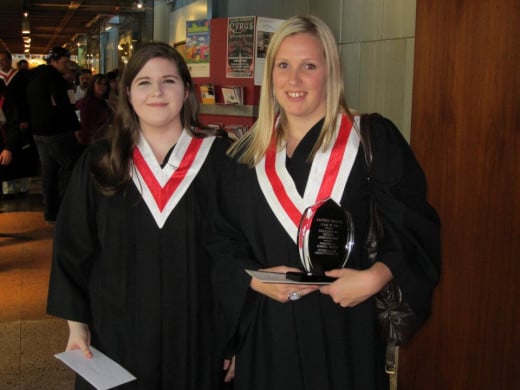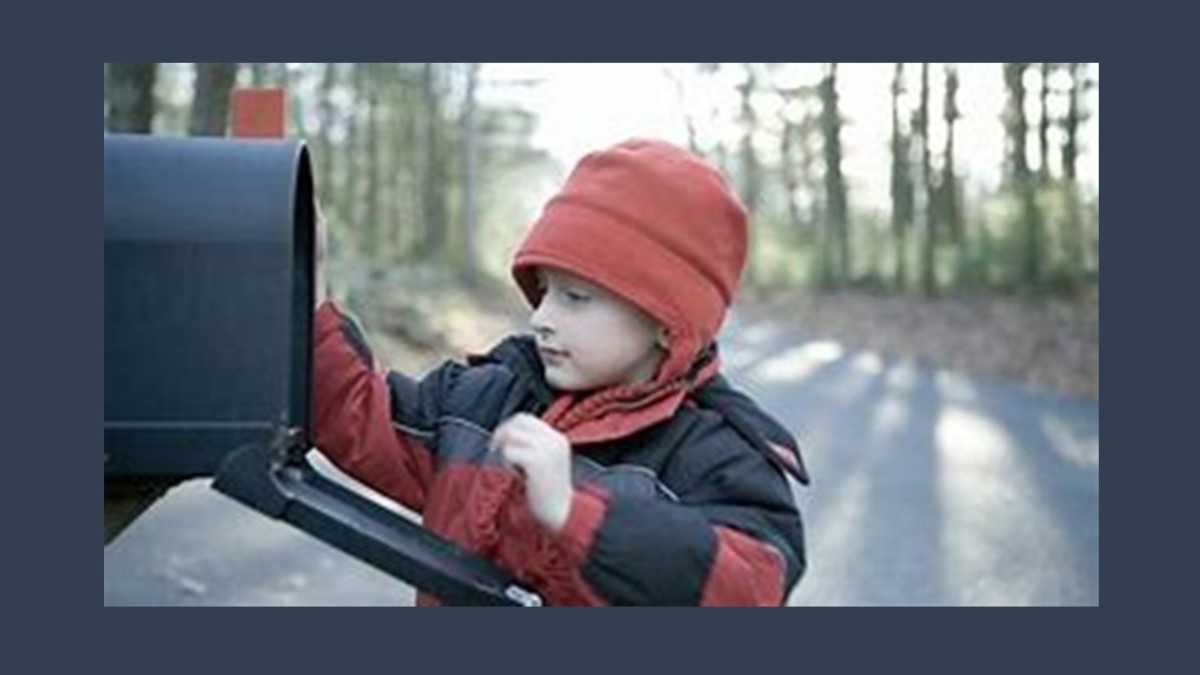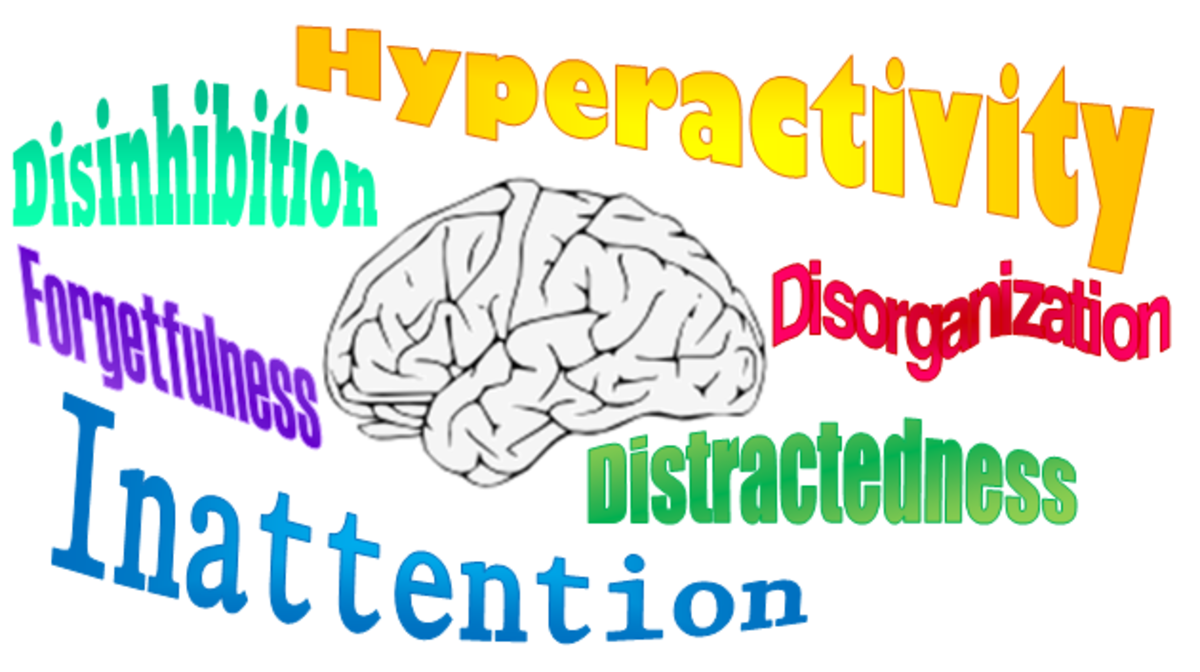The Chronically Ill Child
... advocating for our sick kid
This post is more about the lessons we learned as we tried our best to work with medical and educational professionals in the face of what felt like insurmountable obstacles - not the least of which was ignorance. Including our own!
Perhaps our experience will give you a little insight into the dedication and perseverance required to fight the good fight for your little one, including the fight to always believe the best of him or her. Knowing our child as well as we did helped us take her complaints seriously. If we hadn't, we might have believed the nay-sayers and written her off.
She first started complaining of a sore stomach when she was four. She'd vomit and clutch her stomach. We took her to see the doctor. He asked a few questions and made a safe - but wrong - diagnosis. 'Gastritis. Never let her stomach get empty.'
Sigh.
The long haul
That began a ten-year battle with the medical profession, and eventually with the school system. Everyone wanted to help her ... at first. We didn't know what was wrong; nobody did.
We knew it was tied to stress, because that's when the episodes would happen, for days at a time. We did a lot of research on the Internet.
Meanwhile, the doctors had started to get a little jaded, and the teachers at school got tired of the excuses. They were disappointed to see such a brilliant student lose so much time. We could tell, though, that their patience was running thin. They suspected, as we secretly did, that she was just oversensitive. It was a challenge to support her when there were times we thought it was psychosomatic.
By the time she was twelve, she was able to get through elementary school by making up for lost time when she got back to classes, and passing in the top twenty percent. To her, it felt like a failure, in spite of our reassurances that she was so very intelligent.
Our web searches narrowed our focus down to a rather obscure ailment which seemed to fit her symptoms. Abdominal migraines, more common in children. So one night when she had an attack, her father took her to the emergency department. After four hours of waiting, she was finally seen by a doctor, and nearly dismissed. He came in and saw her sitting on the table, and she looked normal. So he pooh-poohed it. As he turned to go, hubby turned to our tired and sore daughter and said, "Okay honey, let's get out of here." She hopped off the table and a wave of nausea hit her. The doctor heard her vomit into the waste bin, and came back into the exam room. He checked her over. Hubby was persistent. "We think she might have abdominal migraines." More questions, more prodding. But the doctor agreed that this was the right diagnosis.
Even with the right diagnosis, she kept being sick. Her migraines were happening about 4 times a year for a couple of weeks at a time, which was fine in elementary school, but it was murder in junior high.
The emotional toll
Her marks started to slip. She felt like a failure.
Then when she was half-way through grade eight, her grandfather died, and she took a twenty-three-day episode. It was hard to explain all this to the school officials, but we managed because she was such a great student. We picked her books up from school; she could manage to do some homework in the evenings, but mornings were impossible. Day after day she'd wake up with "the feeling." She described that feeling to us and we started to understand more and more what it was like for her. We pieced the jagged shards of her symptoms together and realized that she not only had abdominal migraines, she had basilar artery migraines, or BAM. Extreme vertigo, blindness on one side, and more.
When we went to our family doctor to confirm that diagnosis, he agreed and referred her to a pediatrician, who thought BAM was just like any other type of migraine and would respond to the same medications. It doesn't, because it's caused by a constriction of the blood vessel that passes through the cervical spine, producing ischemia or lack of blood flow to the brain. Because of his standing orders to give her a vaso-constrictor medication (one that constricts the blood vessels), she had chest pain and nearly stroked in the hospital late one night during an attack after they gave her DHE - dihydroergotamine hydrocloride - a known vaso-constrictor.
Instead of learning from his mistake, the pediatrician told her that her problem was all in her head - that she needed a psychiatrist. We knew better.
We also knew that it ate at her to be told that she was at fault for her condition, or that she was imagining it all. Even when she got good advice, the way the doctors told her how to look after herself was done in a really heavy-handed manner. We knew there were compassionate doctors out there. We just hadn't met any of them in her case.
We came to the conclusion that these professionals knew a little about a whole lot of things, but that we knew a whole lot about this one thing, so in this one area, WE were the experts, and they weren't.
We felt like we had to educate every new doctor she saw, had to bring every new teacher up to speed. Without a really good support network (each other, the encouragement we received from the fora that were available at the time, and understanding friends) we might have lost heart.
One look at her, though, trying so hard to keep up to the class and having (finally) to get a tutor to finish her grade nine, was enough to strengthen our resolve to do our level best to help her.
She dropped out half-way through grade ten, only finishing one credit. The educational system had failed her; the medical profession had failed her. She spent her days trying to pick up some correspondence courses, even tried home schooling for a while. We kept backing her up, reassuring her that she wasn't a failure, that she wasn't at fault, that she wasn't ... stupid.
Finally, she developed muscular spasms in her back and shoulders to the point where she could barely get around. So, we took her to a chiropractor we trusted. There, he did an X-ray, the first she'd had of her neck showed that she had a slippage of her vertebrae, pinching the basilar artery forward. She had no curvature to her neck. He gave her exercises to do, which gave her 18% curvature back into her C-spine and allowed the slippage to not be as bad.
And her BAM started to leave.
Today, she gets them maybe once a year; although she gets regular common migraines (4 to 6 hours ... and NOT weeks) the hellish days are over. When she was 20, she decided to get her GED, which she passed with flying colors. Six months after that, she enrolled in college, and graduated at the top of her program. She now works as an executive office assistant at a charitable organization.
At one time, she thought (because of the risk of stroke from the BAM) that she wouldn't live to see the age she is now: twenty-three. Every day - compared to those days - is a gift. We've watched her excel and thrive, and start to fulfill her dreams.
Lessons learned?
- Never give up.
- Know what you're talking about. Research the illness to the max.
- Get support. Join fora, support groups. Talk with each other.
- Include him or her in family outings; have fun. It doesn't all have to be about the pain.
- Involve the child in decisions that affect his/her future.
- Encourage your youngster that he/she is not alone, that it's a family problem, that there's support whenever he/she needs it.
- Work - as much as possible - WITH the system and not against it. You can catch more flies with honey than with vinegar.
- Talk about your feelings. Let the child talk about his/hers. Let each other know that this is a safe place, that there is no condemnation here.
- Finally, NEVER GIVE UP.
Oh, I guess I said that. Didn't I. ;)









